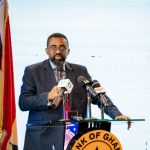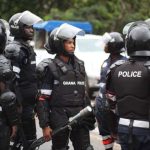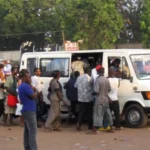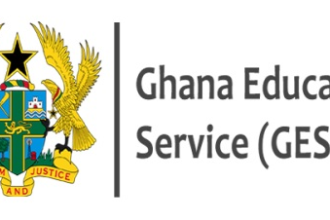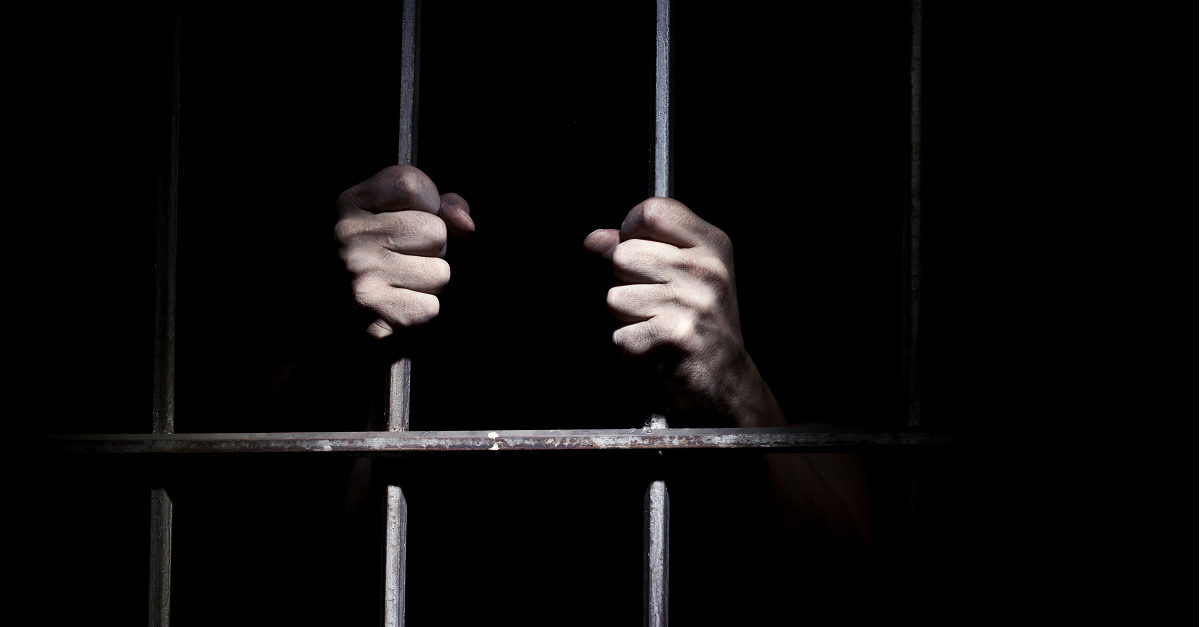The Ghana Education Service (GES) has not ruled out the possibility of other stakeholders absorbing part of the cost of the Free Senior High School (SHS) policy to ease the burden on the government.
Even though there are no conclusive discussions, the Director-General of the GES, Prof. Kwasi Opoku Amankwah, believes authorities could determine the cost components to know what to relinquish to other stakeholders.
The Free SHS policy is one of the flagship interventions of the governing New Patriotic Party (NPP). The policy aims at removing all the barriers to basic education. Under this policy, every Ghanaian child who attains the pass mark, as agreed for the year by the Ghana Education Service Council, will enjoy a three-year scholarship for secondary education.
However, recent economic challenges have compelled the government to explore ways of sustaining the policy.
“…we can do the analysis and then come up and say… it will cost this much to give quality education. Within that cost, these are the items in the cost. Then we will all put it out there and say, this item, we can make do of it, and it will not affect quality. This item, I think we can get parents to pay,” Prof. Opoku Amankwah said.
“We are nowhere near a conclusion, but a key component of the review is geared at ensuring a cost arrangement that ensures quality,” he added in an interview with Joy News.
A number of challenges have affected the Free SHS policy since it began.
While many have called for a holistic overhaul, others have proposed it must be needs-driven.
The Education Minister, Dr. Yaw Osei Adutwum, subsequently met with the leadership of the Conference of Heads of Assisted Schools (CHASS) to discuss the issue and find lasting solutions.
In a related development, the Ministry of Finance, in a statement earlier this month, indicated that the policy would not be suspended despite seeking support from the International Monetary Fund (IMF).
It, however, noted that the IMF would be concerned about the possible lack of finance and the ability of the government to sustain its expenditure.
“Free SHS and the School Feeding program, among others, are good social intervention programs, and it is the lack of financing and unsustainable debt burdens that could constrain a government’s ability to maintain its level of spending, including social or investment spending.
“In our situation, the IMF may ask Ghana to consider curtailing lower priority or non- productive spending (such as “white elephant” projects) as part of its fiscal adjustment but to preserve priority social spending, including on health and education,” the statement said.



